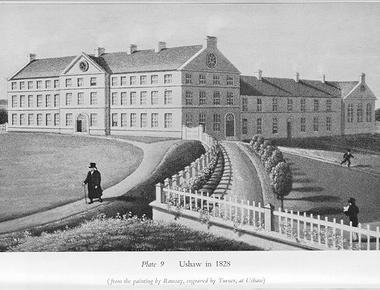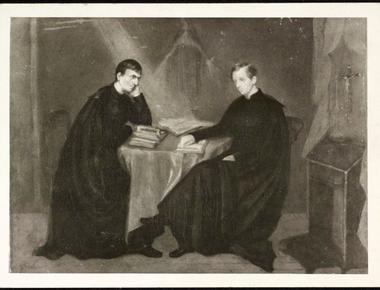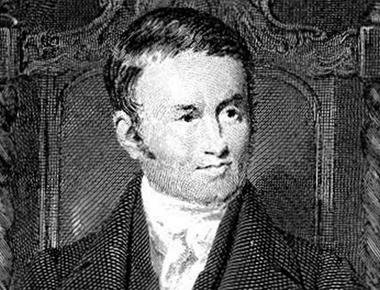
The dialogue I seek to construct between Troeltsch and Newman hinges particularly on Newman’s reception of the patristic concept of oikonomia.
The dialogue I seek to construct between Troeltsch and Newman hinges particularly on Newman’s reception of the patristic concept of oikonomia.
Lingard remarked upon Newman’s career several times in his correspondence, usually with a mixture of suspicion and curiosity.
This article aims to understand why a defense of a corporeal, real presence of Christ in the sacrament was problematic in nineteenth-century England.
Tuninetti argues that at the College in Rome he eventually found, and was profoundly attracted by, what he had long been looking for: the opportunity to participate in the daily life of an established Catholic community—at a time when he was considering his own vocation within the Church of Rome.
This article argues that Newman’s notion of a philosophical habit of mind can provide a helpful conceptual framework for navigating conversations about reading, appropriating, and extending his philosophical thought.
This essay will introduce readers to Lingard, one of the major intellectual lights of the English Catholic community when Newman joined it in 1845 at Littlemore.
QUICK LINKS




